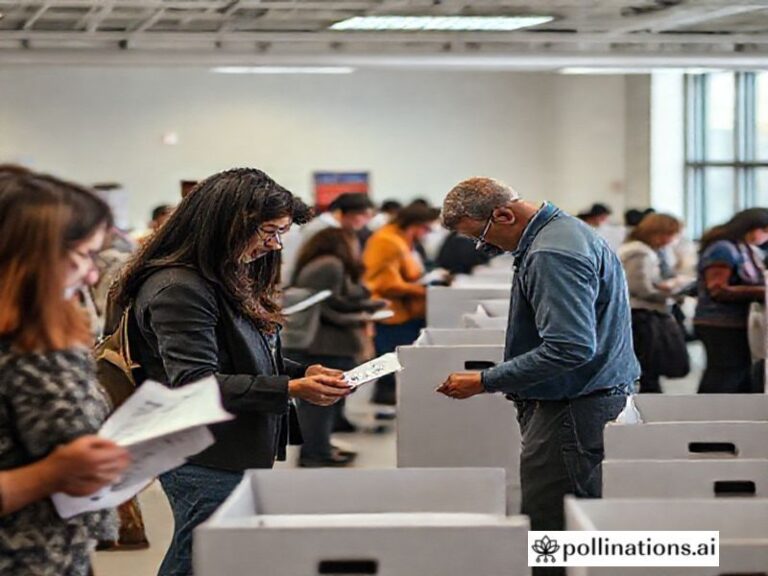chorrillo vs américa
Chorrillo vs. América: A Micro-Cosmic Spectacle for the End of the World
By Diego “Doomsday” Delgado, International Correspondent-at-Large
Panama City, 2:47 a.m. local time—an hour when sane people consider either sleep or arson—yet Estadio Rommel Fernández is lit up like a hedge fund manager’s conscience. Inside, Club Deportivo Chorrillo—population: the entire neighborhood plus two stray dogs—prepares to face Club América, that gilded juggernaut from Mexico City whose annual budget could ransom several small republics. The occasion is the Concacaf Champions League round of 16, a tournament that sounds continental but mostly serves as America’s private open bar. Still, the cosmic scales wobble tonight, and the universe appears to be in one of its sardonic moods.
Globally, this fixture is the footballing equivalent of a haiku scrawled on a bathroom stall: brief, oddly affecting, and destined to be flushed. Yet the world is watching—well, parts of it. Cable subscribers in Jakarta who accidentally landed on Fox Sports 3; expatriate Panamanian dentists in Madrid streaming on sketchy sites riddled with pop-ups for Russian brides; and a lone data analyst in Reykjavik feeding every misplaced pass into a neural net that will, eventually, teach a toaster how to cry. In aggregate, these viewers form a silent quorum on the state of late-stage capitalism and its favorite opiate: sports.
Chorrillo, a club named after a waterfront district whose chief export is fish and ironic murals of Manuel Noriega, enters with a payroll roughly equivalent to América’s weekly flower budget. Their star striker doubles as the neighborhood Uber driver; his pre-match meal was two empanadas and existential dread. Meanwhile, América’s squad arrived on a chartered 787 that featured mood lighting and a live harpist. Their benchwarmers earn more than the GDP of the islands climate change hasn’t yet submerged. One can almost hear Thomas Piketty sharpening his pencil in delight.
The geopolitical subplot is delicious. Panama, still washing the stench of offshore scandals from its canal-sized cuffs, sees this match as a morality play: the scrappy underdog versus the corporate dragon whose crest might as well be a tax haven. Mexico, busy fielding daily lectures from Washington on human rights and avocado prices, quietly revels in the soft-power flex that is exporting overpriced talent northward. And the United States—whose MLS teams already took early naps in this tournament—watches like a divorced dad peering through the window of an Applebee’s, wondering why the kids prefer Tío Televisa’s deep pockets.
Kickoff. Within eight minutes América scores, because narrative arcs are for Netflix. A Brazilian winger who once cost more than the entire Panamanian navy curls a shot that violates several Geneva conventions. The Chorrillo keeper, a part-time security guard, barely has time to update his LinkedIn. Social media erupts: European hipsters post GIFs with captions like “late capitalism in one clip,” while Asian crypto-bros wager Bitcoin on the exact minute the underdog’s spirit breaks. Somewhere, an AI bot summarizes the match as “predictable entropy,” which is simultaneously accurate and why we’ll deserve our robot overlords.
But wait—minute 73, a power outage. The stadium plunges into darkness, the sort favored by budget horror films and Latin American coups. When the lights return, Chorrillo equalizes. The scorer, whose day job is delivering medical supplies, wheels away like he’s just discovered the cure for irony. The global feed buffers; conspiracy theories hatch. Was it a cyber-attack by disgruntled MLS fans? A rolling blackout from bitcoin miners? Or simply the gods flicking the switch for dramatic tension because even they’re bored of omnipotence?
Ultimately, América wins on aggregate, because fairy tales are tax-deductible. Still, the universe records a moral draw: the barrio kid who covered Lionel Messi’s doppelgänger will dine out on this story for decades, while América’s accountants quietly log another line item under “brand activation—Central America.” The final whistle blows, confetti cannons misfire, and everyone files out past corrugated fences where vendors sell hope at two dollars a bottle.
Come sunrise, the canal keeps shipping Chinese electronics west and American soybeans east, the global poor keep hustling, and the rich keep finding new ways to monetize oxygen. But somewhere in Chorrillo, a teenager who watched his neighbor nutmeg a millionaire decides tomorrow’s empanada money might just buy new boots. In the grand ledger of human folly, that, dear reader, counts as a victory—at least until the sea levels rise and the highlight reel is all that’s left.







